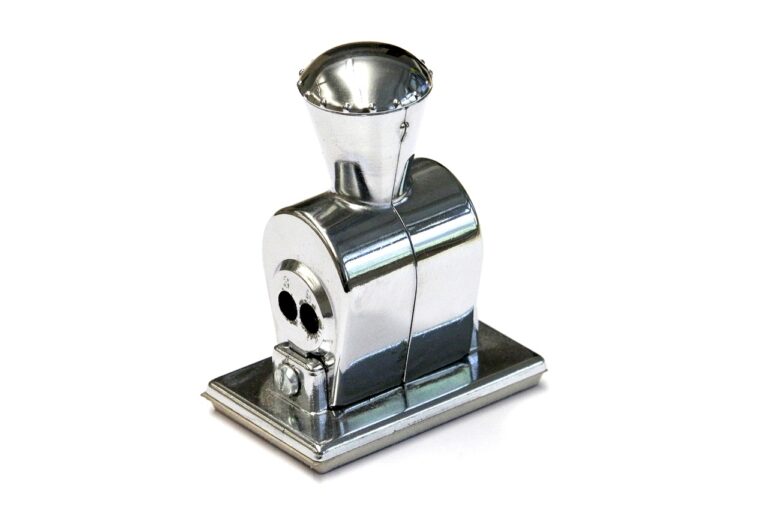The Role of Accountants in Risk Management: Allpanel777, Laser book 247.com, 99 exch.com
allpanel777, laser book 247.com, 99 exch.com: Accounting software has become an indispensable tool for businesses of all sizes to manage their finances efficiently. From tracking expenses to generating financial reports, accounting software offers various features that can streamline the financial management process. In this blog post, we will discuss how to effectively use accounting software for financial management.
Getting Started with Accounting Software
The first step in using accounting software for financial management is to choose the right software for your business. There are many options available in the market, so it’s essential to select one that fits your needs and budget. Look for software that offers features such as invoicing, expense tracking, financial reporting, and inventory management.
Once you have selected accounting software, the next step is to set it up properly. This includes entering your business’s financial information, such as income and expenses, and setting up your chart of accounts. Make sure to customize the software to suit your business’s specific needs and requirements.
Tracking Expenses
One of the key features of accounting software is expense tracking. This allows you to keep track of all your business expenses, including purchases, payroll, and overhead costs. By recording expenses in your accounting software, you can easily monitor where your money is going and identify areas where you can cut costs.
Invoicing and Payment Processing
Accounting software also simplifies the invoicing process for businesses. You can create and send professional-looking invoices to your clients directly from the software. Additionally, many accounting software programs offer payment processing options, allowing you to accept credit card payments from customers easily.
Financial Reporting
Another essential feature of accounting software is financial reporting. With just a few clicks, you can generate various financial reports, such as profit and loss statements, balance sheets, and cash flow statements. These reports provide valuable insights into your business’s financial health and help you make informed decisions.
Inventory Management
For businesses that deal with inventory, accounting software offers inventory management tools to track stock levels, manage purchases and sales, and analyze inventory costs. This can help you optimize your inventory processes and reduce the risk of stockouts or overstocking.
Bank Reconciliation
Bank reconciliation is a crucial aspect of financial management, and accounting software simplifies this process. You can easily reconcile your bank accounts with your financial records, ensuring that all transactions are accurately recorded and accounted for.
Automating Routine Tasks
Accounting software can automate many routine financial tasks, such as recurring billing, payroll processing, and expense approvals. This not only saves you time but also reduces the risk of human error in your financial processes.
Security and Data Backup
It’s important to ensure that your accounting software is secure and that your financial data is protected. Many accounting software programs offer security features such as user permissions, encryption, and data backup options. Regularly backing up your financial data is essential to safeguarding your business’s information.
Cloud-Based Accounting Software
Cloud-based accounting software has become increasingly popular for businesses as it allows for remote access, real-time collaboration, and automatic software updates. Consider using cloud-based accounting software for added convenience and flexibility in managing your finances.
Integration with Other Business Tools
Many accounting software programs offer integrations with other business tools, such as CRM systems, project management software, and e-commerce platforms. Integrating your accounting software with these tools can streamline your business processes and improve efficiency.
FAQs
Q: Can I use accounting software for personal finances?
A: Yes, many accounting software programs can be used for personal finances, such as tracking income and expenses, creating budgets, and monitoring financial goals.
Q: How often should I reconcile my bank accounts in accounting software?
A: It’s recommended to reconcile your bank accounts in accounting software at least once a month to ensure accuracy in your financial records.
Q: Is it necessary to have accounting knowledge to use accounting software?
A: While having accounting knowledge can be helpful, many accounting software programs are user-friendly and designed for individuals with little to no accounting background.
Q: Can accounting software help with tax preparation?
A: Yes, many accounting software programs offer features to help with tax preparation, such as tracking deductible expenses, generating tax reports, and integrating with tax filing software.
In conclusion, using accounting software for financial management can streamline your business’s financial processes, improve efficiency, and provide valuable insights into your business’s financial health. By leveraging the features and tools offered by accounting software, you can effectively manage your finances and make informed decisions to drive business growth.







